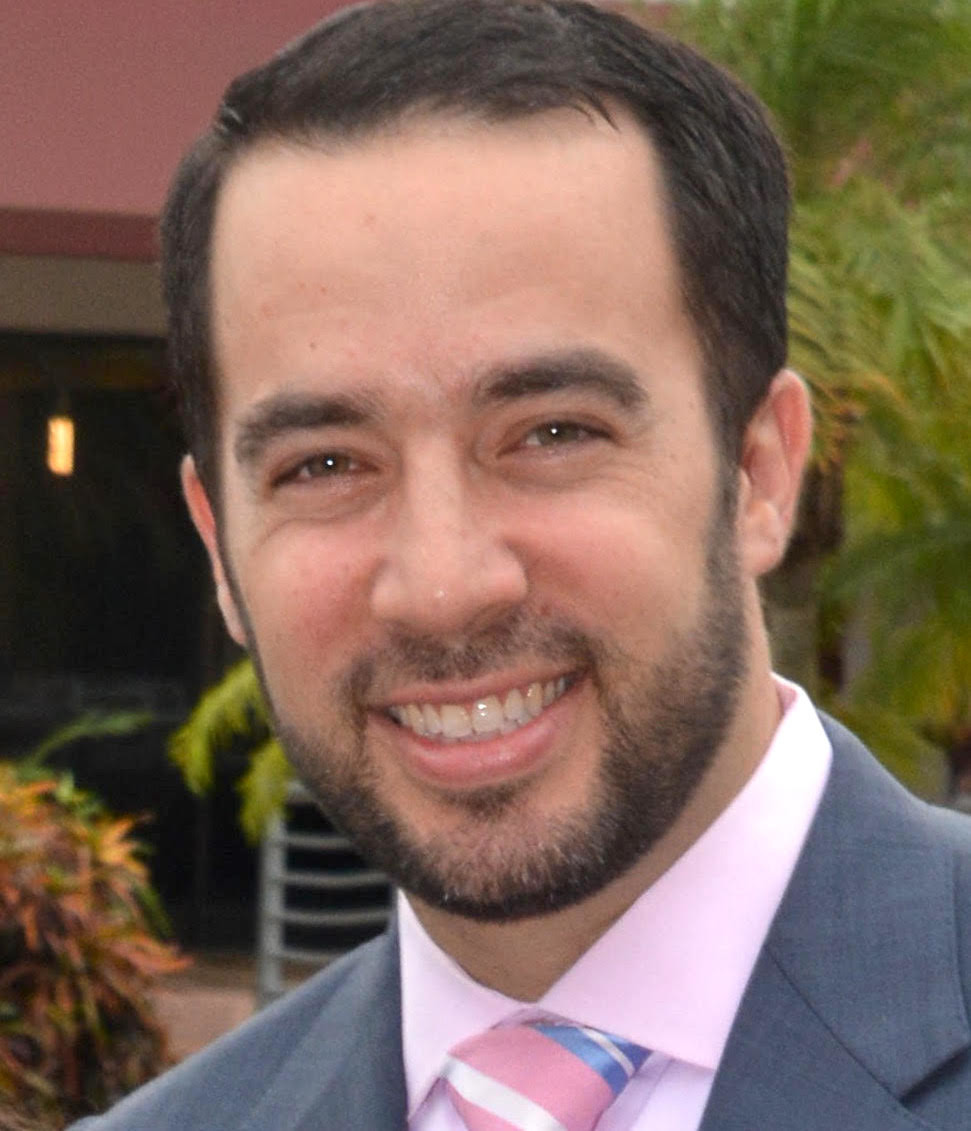Crafting strategies that bring us to perfection
In our efforts to get closer to G-d in the days leading up to Rosh Hashana, every person employs a different strategy.
Some learn the laws of Rosh Hashana, some give more charity, some pray more fervently or sincerely, people are a little nicer to one another, we hear the Shofar on a daily basis, Sefardim pray Selichot for a month.
We give High Holiday greetings — K’tivah Va’Chatimah Tovah (May you be Inscribed and Sealed for a Good Year) — send Rosh Hashana cards, and try to make a good showing as the clock ticks towards the moment of truth.
Is there a unique instruction that can help us maintain our focus?
Sometimes a Hassidic thought nails the idea perfectly.
The last verse in our double parsha, Nitzavim and Vayeilech, brings Moshe’s efforts of chapter 29–31 to a close when it declares, “And Moshe spoke the words of this song into the ears of the congregation of Israel, until it was completed.”
• • •
The term “until it was completed” is the most likely translation of the two Hebrew words, ad tumam, referring to the completion of the song Moshe was telling over. The dangling modifier allows for the possibility that ad tumam refers to the Israelites, that Moshe spoke to them, until they were finished or completed.
It was Rabbi Simcha Bunem of Pshischa who went in this direction — not suggesting the people were finished but that they achieved the meaning of the root word tumam.
Essentially, he suggests that Moshe repeated the song over and over and over again until the people achieved becoming tamim (complete or perfect).
This is the lesson we must carry for ourselves at this time of year.
What will it take for the message of godliness to penetrate our minds and hearts? How will we be able to answer for ourselves that we put in our greatest effort?
If we can read through the Rosh Hashana prayers in advance, to familiarize ourselves with them, and to have their impact be felt in our hearts, we may be moved to become more wholesome human beings. If we can hear a message of shuva (return to G-d) over and over, it might be effective.
According to R’ Simcha Bunem, Moshe did not give up with the Jewish people. He plugged away with them, because of his concern for the direction they’d choose after his demise. He never felt they were ready for him to leave them.
But here, in this final verse of our parsha, Moshe achieved his goal:
Moses then proclaimed the words of this song to the entire assembly of Israel until they became complete and perfect.
His efforts to help the people change their essence and their totality proved successful.
Because reviewing the points they needed to hear, helped the right ideas penetrate so they could become the complete nation he could feel comfortable leaving with his successor.
May we be so lucky to find the message that speaks to us and dedicate ourselves to listen to it over and over, so we may be able to perfect and complete ourselves in our continued effort of improving ourselves in the service of G-d and in our fellowship with Mankind.






